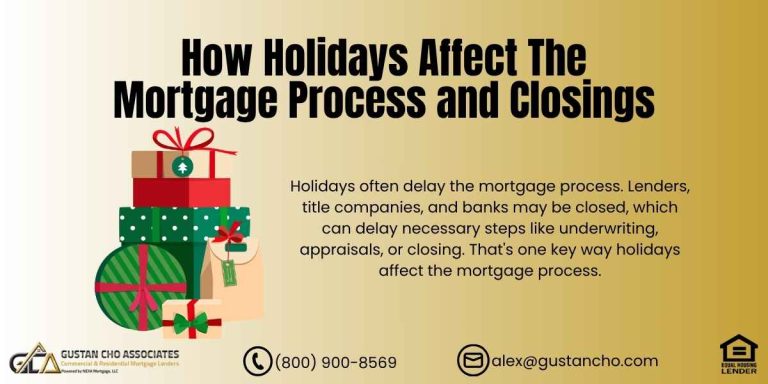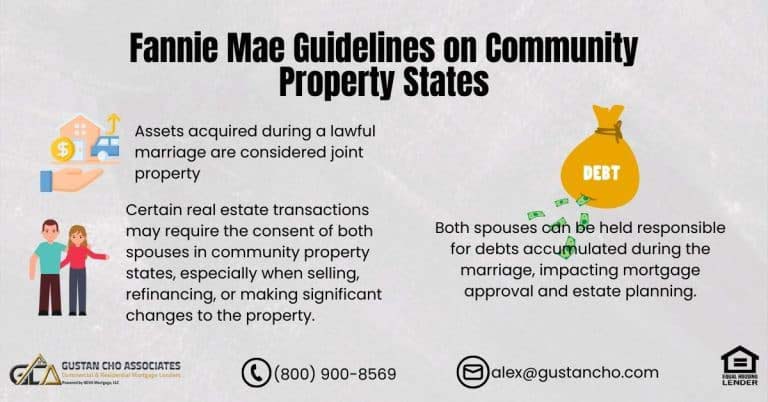This BLOG On How To Prepare For Mortgage For First Time Home Buyers Was UPDATED And PUBLISHED On March 8th, 2020
The best way on How To Prepare For Mortgage is to first consult with a loan officer.
- Do not just talk to one loan officer but many loan officers and due to your own research
- As you talk to more loan officers, you will get different answers to your questions so that is where doing your own research comes in
In this article, we will discuss and cover How To Prepare For Mortgage For First Time Home Buyers.
FAQ On How To Prepare For Mortgage For First Time Home Buyers
I highly recommend that you get started on how to prepare for mortgage as soon as possible. Here are some reasons why:
- Higher credit scores mean lower rates
- There are basic tricks of the trade to boost credit scores
- Most loan officers will be able to help borrowers to maximize their credit scores
- However, everything in the mortgage process does take time and cannot be done overnight
- Consumer credit reports may contain errors
- It can take several months to correct the errors
- Consumers may not have credit disputes on credit report
However, credit disputes with zero balance and/or under $1,000 balance is exempt from retractions. Medical credit disputes are exempt as well.
Mortgage Guidelines On Credit Disputes
Borrowers cannot have credit disputes on non-medical collection accounts and charge off accounts.
- Borrowers may have maxed out credit card balances
- Maxed out credit cards can drastically lower consumer credit scores
- It takes time for the credit bureaus to reflect the credit card balances that have been paid down
- Consumers may have low credit scores, not because of bad credit but no credit
- It takes time for you to add yourself on as authorized user to a spouse’s credit card or family member’s credit card
- Or get several secured credit cards
- A new secured credit card can boost your credit scores by 40 or more FICO points
- Consumers with any revolving credit should start re-establishing credit with secured credit cards
It is a great tool to boost credit scores.
Choosing The Right Mortgage For Particular Situation
First off start a mortgage application and get a pre-approval letter before starting looking for a home. Homebuyers need to understand how much of a house they qualify for. But more importantly how much do I really want to spend on a monthly payment. The industry standard is 28-31% for a mortgage payment. It is important to consider other monthly expenses and how large a monthly payment does a new homeowner wants to have.
Monthly Housing Expenses For Homeowners
Besides P.I.T.I. (principal, interest, taxes, insurance), it is including other monthly expenses such as the following:
- insurance
- cable
- utilities
- maintenance on the property etc.
- These items need to be factored into new homeowners overall budget
- Homebuyers working with a lender, the loan officer should be able to help new home buyers with many of these items.
Choosing The Right Mortgage And Understanding Financial Situation
The goal is to understand the borrower’s own financial situation. Borrowers should have a clear understanding of how much house they can afford and are willing to afford and not end up house rich and cash poor.
The next step is asking yourself these questions:
- How long do I plan on living in this house?
- Where do I see myself in five to ten years?
- Do I want to do home improvements?
- Do I want to keep cash on hand in case of an emergency?
Once home buyers realize they can afford a property and have analyzed their financial situation and credit history. Now it’s time to put the ball into action.
Choosing the right Mortgage:
- How much can I afford to put down?
- Should I choose a 30 year or 15 years?
- Is an ARM the right product for me?
How Much Down Payment Is Required
How much can I afford for the down payment?
- Can I put down 20% to avoid the (PMI) Private Mortgage Insurance payments
- So on a $350,000 house 20% down payment is $70,000
If homebuyers can put down 10% or $35,000 then they will be forced to pay PMI.
- So, you need to explore all your options ahead of time
- There are all sorts of products that allow as little as 3% to 3.5% down depending on the borrowers’ situation
Borrowers must determine what is most important to them:
- interest rate
- or payment
Different loan programs offer different interest rates along with the amount buyers put down. The more information buyers give their loan officer the better they should be able to advise borrowers on the right program.
How Mortgage Underwriters View Overdrafts And Irregular Deposits In Bank Statements
Overdrafts in bank account:
- Lenders do not want to see any overdrafts in the past 60 days
Unsourced Deposits:
- Borrowers with cash on hand or irregular deposits that have not been seasoned for at least 60 days, it is best to deposit the cash as soon as possible in the bank account and let that cash season
- This is the best way on how to prepare for a mortgage with cash
How To Prepare For Mortgage And Maximizing Credit Score
Maximizing credit scores is the best way on how to prepare for mortgage. Remember that lower credit scores mean higher mortgage interest rates. There are some quick ways of boosting credit scores. Lenders view borrowers with lower credit scores as higher risk borrowers.
Here are some tips on maximizing your credit score:
- Consult with a loan officer
- The loan officer will review tri-merger credit report with a borrower
- Many loan officers will run credit report through a FICO Analyzer
- The results will show how to maximize credit scores by doing certain things like payment down a certain amount of the various credit cards and/or other debts consumer may have
- Maxed out credit cards will drastically drop credit scores
- Paying them down to 10% balance will maximize credit scores
- Consumers with no revolving credit card accounts, getting three secured credit cards will boost credit scores
Adding yourself on to as an authorized user to a borrower with perfect credit card payment history and low credit card balance who has the same last name or lives in the same household will help boost credit scores.
Choosing The Right Mortgage Lender With Your Credit And Financial Profile
Finding the right lender is extremely important:
- This holds true especially borrowers with less than perfect credit or had prior financial issues
- Most lenders have overlays
- Lender overlays are mortgage requirements that are above and beyond the minimum federal mortgage guidelines
- Borrowers who have 800 Plus credit scores, 40% debt to income ratios, and perfect credit payment history may not have to worry about going to a lender who has overlays
- But those who had prior credit issues and higher DTI may need to worry about the lender they consult with
They need to find out whether that lender has mortgage overlays that may affect them.
What Are Typical Mortgage Lender Overlays Lenders Have
One key on how to prepare for mortgage is to make sure the types of credit issues you have and shop for a lender that does not have any lender overlays.
Again, overlays are additional guidelines lenders has which is above and beyond those of agency guidelines:
- Federal Housing Administration for FHA Loans
- The United States Department of Veteran Affairs for VA Loans
- United States Department of Agriculture Rural Development for USDA Loans
- Fannie Mac/Freddie Mac for Conventional Loans
Here are some typical lender overlays mortgage lenders have:
- Overlays On Credit Scores
- On Collection Accounts
- On Charge Off Accounts
- Credit Tradelines
- Gift Funds
- Reserves
- Verification Of Rent
- Debt To Income Ratios
- Recent Late Payments
- Late Payment After Bankruptcy
- Overlays On Late Payment After Foreclosure
Asking Lots Of Questions Is Key
This is probably one of the biggest purchases in your life so don’t be afraid to ask all the questions and ask again until you are comfortable with the answer. Also, don’t feel you’re bothering your real estate agent or broker- they are getting paid to advise you.
With over 33 years of experience in the financial services industry; the last 18 years in mortgage lending, I offer my customers a level of expertise few can match. Regardless of the difficulty of a transaction, my priority is to work with individuals and their real estate professionals to help ensure a positive experience.
With the interest rate volatility, this economy has been enduring for the last few years, now more than ever, special skills are needed to find the mortgage product that fits specific needs. Many people have tried “do-it-yourself” mortgage shopping on the Internet, but with lending guidelines changing daily, most people recognize the importance of having a professional act on their behalf.
I am fully committed to assisting each of my clients to make the right financial decisions that will benefit them and their families for many years to come. I provide exceptional customer service that is easily recognized. I offer extremely competitive rates and loan programs including; Jumbo, FHA, VA, Conventional (both Fannie Mae and Freddie Mac), Fixed Rate, Adjustable Rate Mortgages and Reverse Mortgages. Also Closing cost credits.
The best start on how to prepare for mortgage is to start early. Even if you just got through a bankruptcy or foreclosure, starting on how to prepare for mortgage as soon as possible is beneficial. Two to three years flies after filing bankruptcy or just had a foreclosure/deed in lieu of foreclosure recorded. It is never too early to start preparing for mortgage. If you need any free advice on how to prepare for mortgage, please contact Gustan Cho Associates at 800-900-8569 or text for a faster response. Or email Gustan Cho at gcho@gustancho.com.









